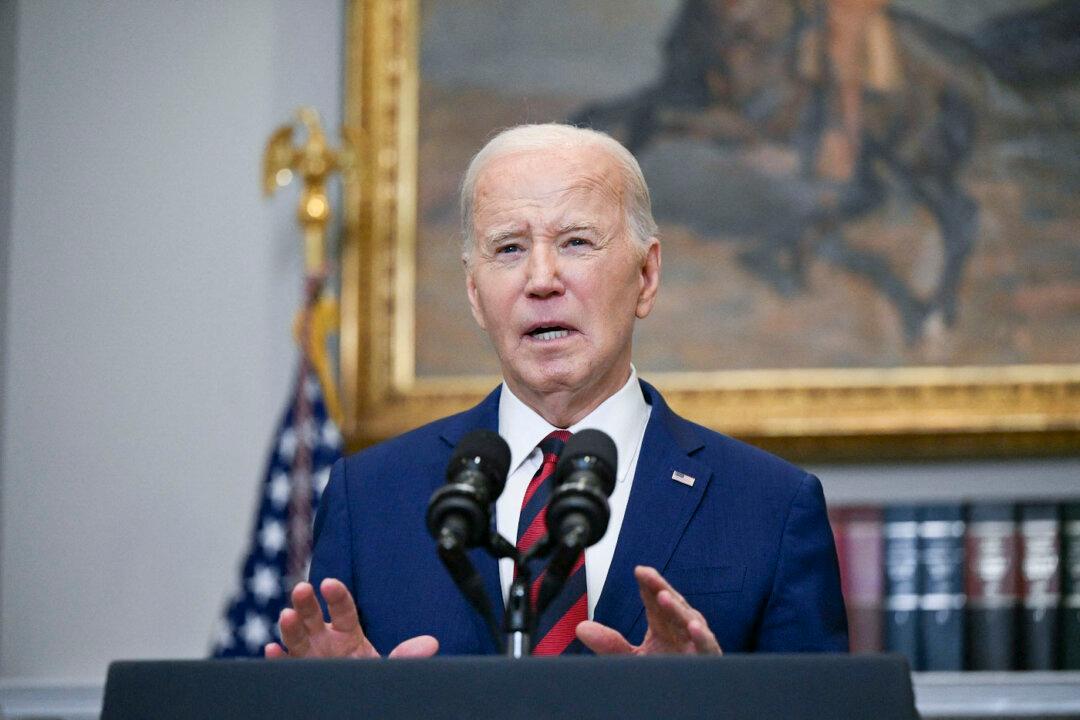President Joe Biden on April 2 held a phone call with Chinese communist leader Xi Jinping as tensions between Washington and Beijing remain elevated.
The call is the first contact between the two leaders since meeting in Woodside, California, last November and is their first phone call since July 2022.




